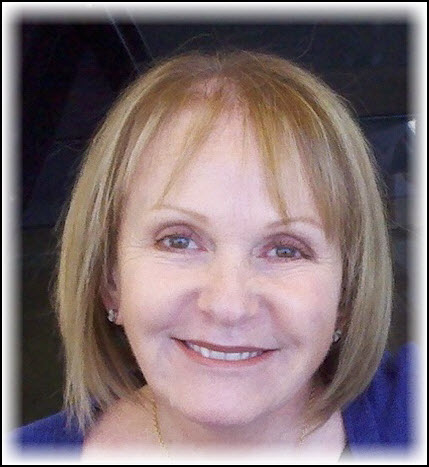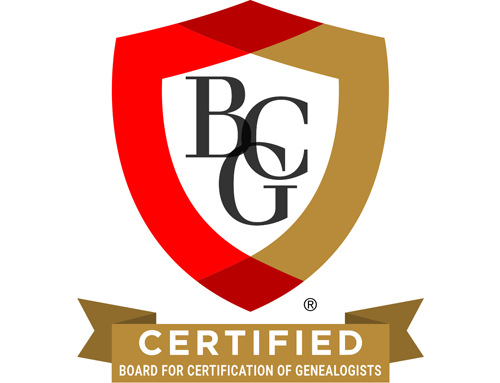SpringBoard, an official blogger for the 2016 National Genealogical Society (NGS) Family History Conference, is pleased to offer a review of this BCG Skillbuilding lecture, presented 6 May 2016.
F351, Stefani Evans, CG, “Doughnut Holes and Family Skeletons: Meeting the GPS through Negative and Indirect Evidence”
Reviewed by Nancy A. Peters, CG
At the start of her lecture, Stefani asked tongue-in-cheek, “Who doesn’t love a corrupt governor?” She went on to describe how the Matteson family story has all the elements of an antebellum soap opera—westward migration, political corruption, fraud, bribery, witness tampering, and the villain fleeing the country.
On the serious side, Stefani faced one of the more troublesome, yet common, genealogical problems—no direct evidence connects an early nineteenth-century female to her birth family. Nancy Matteson was not named in her putative father’s will or estate file. Was she or wasn’t she his daughter? Confronted with records created in two states, family skeletons, and doughnut holes in the evidence, Stefani explained how she relied on the Genealogical Proof Standard (GPS) to solve the puzzle of Nancy’s parentage.
An essential element in the solution was the “hypothesis-based problem solving approach” used to identify the problem, develop positive and negative hypotheses, and test them using the GPS. At first, the evidence seemed inconclusive. However, deeper analysis of the negative and indirect evidence taken from a Bible, obituaries, gravestones, newspapers, and land transactions; an understanding of cultural context; and rigorous application of the GPS yielded a reliable conclusion.
Any family historian who faces negative and indirect evidence could benefit from hearing about Stefani’s approach to solving the Matteson family mystery.
A recording of this lecture may be previewed and ordered from PlaybackNow.
The words Certified Genealogist are a registered certification mark, and the designations CG, CGL, and Certified Genealogical Lecturer are service marks of the Board for Certification of Genealogists®, used under license by board certificants after periodic evaluation.


